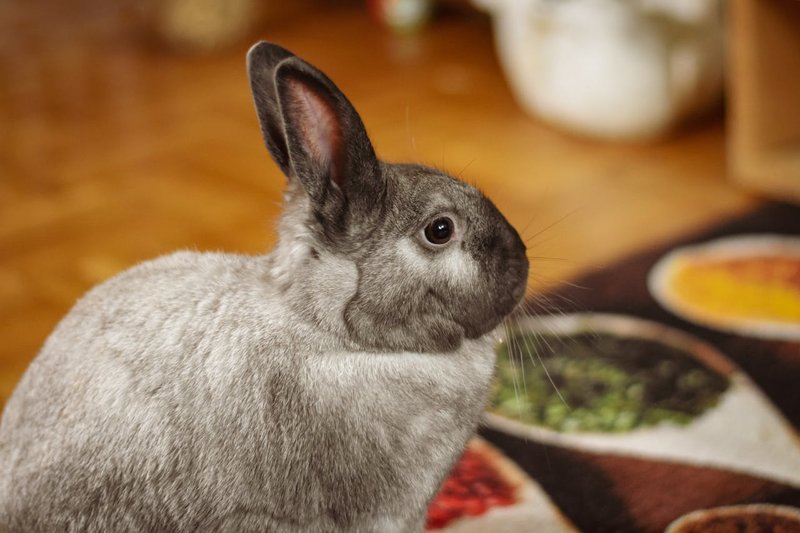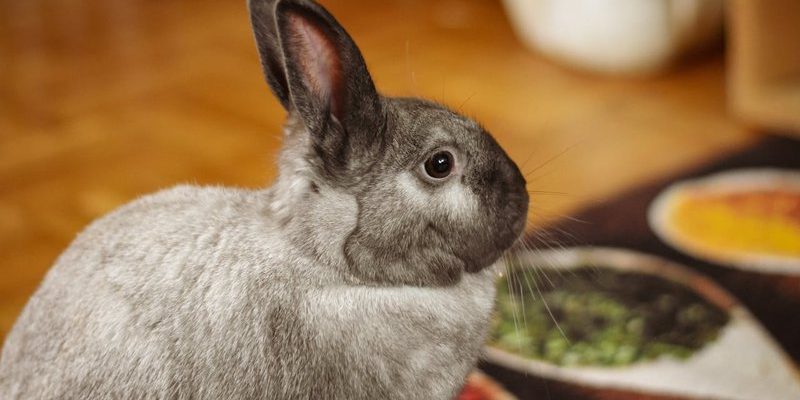
Picture this: you’re sitting in your living room, sipping a warm cup of coffee while your Havana rabbit hops around, exploring every nook and cranny. Suddenly, you notice a shift in their behavior. Maybe they seem less energetic or aren’t eating as much. That’s your cue to pay attention. Just as we go to the doctor for check-ups, your rabbit deserves the same kind of preventive care. In this article, we’ll dive into the common health problems of Havana rabbits and how you can prevent them—like a little health guide for your pet.
Understanding the Basics of Rabbit Health
Havana rabbits, like all rabbits, have unique health needs. Understanding their anatomy and common illnesses can help you spot potential issues early. They’re generally robust animals, but that doesn’t mean they’re immune to getting sick. Just think of your rabbit’s health like a garden; it needs regular care and attention to thrive.
You might be wondering what exactly to look for. Signs of health issues can range from changes in appetite and behavior to physical symptoms such as runny noses or unusual lumps. Keeping an eye on your rabbit’s behavior can help you catch any changes early on.
Regular vet check-ups are key. Just as you wouldn’t skip your own doctor visits, your rabbit shouldn’t miss theirs. Schedule routine appointments with a vet who specializes in small animals. This helps ensure that your precious pet stays healthy and happy.
Dental Problems
One of the most common health issues in Havana rabbits is dental problems. You might not think of a rabbit having dental issues, but their teeth grow continuously throughout their lives. This can lead to overgrown teeth, which can cause pain and hinder their ability to eat.
Here’s the thing: rabbits need a special diet rich in hay and fibrous veggies to help wear down their teeth naturally. If your rabbit isn’t munching on their hay, it’s a red flag. That could mean their teeth are hurting. Regularly check their teeth. They should be smooth and aligned. If you notice any irregularities, it’s time to consult a vet.
Preventing dental issues isn’t too complicated. Providing plenty of hay, along with regular check-ups, can keep those pearly whites in top shape. Avoid feeding your rabbit sugary treats or overly soft foods—this can lead to dental decay.
Digestive Issues
Believe it or not, digestive problems are quite common in rabbits, and Havana rabbits are no exception. If you’ve ever heard the phrase, “a happy gut means a happy rabbit,” there’s truth in that! Their digestive system operates differently than ours, and they rely heavily on a high-fiber diet to keep things running smoothly.
If you notice your rabbit isn’t pooping as usual, looking bloated, or seems lethargic, it could be a sign of gastrointestinal stasis—a serious condition where the digestive system slows down. It’s essential to act quickly because it can become life-threatening.
To prevent digestive issues, focus on providing a constant supply of fresh hay, vegetables, and occasional pellets. Ensure they drink enough water, too! A healthy, balanced diet is like giving your rabbit a shield against digestive troubles.
Respiratory Infections
Respiratory infections are another health problem that can affect Havana rabbits, especially if they’re kept in a drafty or damp environment. You might notice symptoms like sneezing, wheezing, or a runny nose. It’s essential to pay attention to these signs because respiratory issues can escalate quickly.
The good news? Prevention is key! Keep your rabbit’s living area clean and dry. Avoid exposing them to cigarette smoke or strong household chemicals, which can irritate their sensitive systems.
If you suspect your rabbit has a respiratory infection, don’t hesitate to reach out to your vet. Timely intervention can make all the difference in their recovery.
Obesity and Related Health Problems
Just like us, obesity can lead to multiple health problems in rabbits. It’s all too easy for our fluffballs to pack on the pounds, especially if they’re spoiled with treats or don’t get enough exercise. You might be wondering how to tell if your rabbit is overweight. A good rule of thumb is to feel for their ribs. You should be able to feel them without excessive pressure.
To help your Havana maintain a healthy weight, provide a balanced diet and encourage playtime. Create a rabbit-friendly space where they can hop around freely. Adding tunnels or toys can make exercise more fun!
Weight management is a lifelong commitment, but it’s worth it. Keeping your rabbit at a healthy weight can help reduce the risk of conditions like diabetes and heart disease.
Skin Problems
Havana rabbits can also suffer from skin issues, which may arise from various factors—parasites, allergies, or poor hygiene. If you see your rabbit scratching frequently or notice bald patches, it’s time to investigate.
Regular grooming can help prevent many skin problems. Not only does it keep their coat shiny and clean, but it also helps you spot any irregularities before they become serious. Remember to use a brush designed for rabbits to avoid irritating their skin.
Maintaining a clean living environment is crucial. Ensure your rabbit’s bedding is clean and dry. Regularly clean their habitat to reduce the risk of skin problems.
Stress and Behavioral Issues
Lastly, stress can lead to various behavioral issues in rabbits. Havana rabbits are social animals, and if they feel lonely or unsafe, it can manifest as destructive chewing or excessive hiding. It’s important to create a comfortable and enriching environment for your pet.
Spend quality time with your rabbit daily. Engage them with toys and play—boredom can lead to unwanted behaviors. If your rabbit seems particularly anxious, consider adding a second rabbit for companionship. Just be sure to introduce them carefully.
If you do see behavioral changes, it could be a sign of something more serious, so keep an eye on them. Understanding your rabbit’s behavior is crucial for their overall happiness.
Taking care of a Havana rabbit involves understanding their unique health needs and potential issues. Remember that regular vet visits, a balanced diet, and a stimulating environment play a huge role in keeping your rabbit healthy and happy. By being proactive and attentive, you’re setting the stage for a joyful life together.
Investing time in learning about common health problems in Havana rabbits is like giving your pet a gift of longevity. Just like us, they thrive on love and care. So, grab that coffee, sit back, and enjoy the beautiful bond you’re building with your furry friend—every hop and every nose twitch is a reminder of why you love having them in your life.

